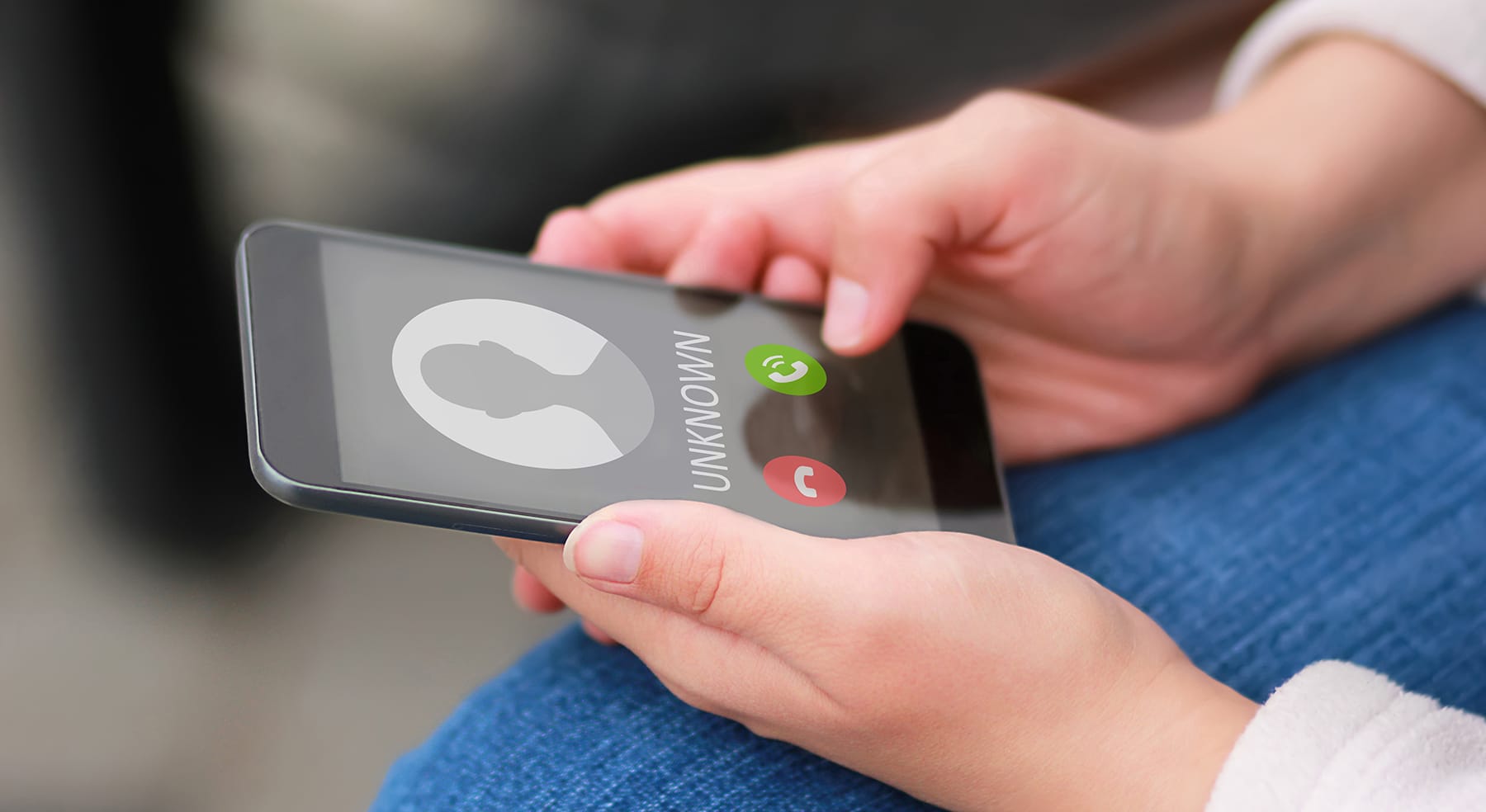As a new member of the IT Security Team at First Business, it amazes me how proactive a person or a business must be to maintain their IT security. Every day people are bombarded with spam emails and robocalls. In 2018, the Federal Communications Commission (FCC) estimates there were 48 billion robocalls — you can bet not all of them were legitimate.
Phones are an increasingly popular way fraudsters try to steal your financial information. For this year’s National Cybersecurity Awareness Month, I want to introduce you to the term “vishing.” Vishing is the telephone version of phishing (voice + phishing), where a fraudster tries to trick you into providing your Social Security Number (SSN) or financial account numbers to gain access to your private and personal financial information for financial gain.
At one point or another (especially during tax season) you may have received a call from someone claiming to be from the IRS, saying they are calling to collect a debt. They may ask you to state your name and SSN so they can look up your records — and that is how they get you.
Here are some tips the FCC recommends to keep your information safe from phone scammers:
- Don’t answer calls from unknown numbers.
- Do not respond to any questions from unknown callers, especially those that can be answered with “Yes.”
- Never give out personal information such as account numbers, SSN, mother's maiden names, passwords, or other identifying information in response to unexpected calls or if you are at all suspicious.
- If the caller claims to be from a legitimate company or organization, hang up and call them back using a valid number found on their website or on your latest bill if you do business with them.
- Ask your phone service provider if it offers a robocall blocking service.
- Consider registering your telephone numbers in the national Do Not Call Registry and your state’s registry, as well.
For more tips, and to read about how the FCC is fighting robocalls and vishing, visit their website.





